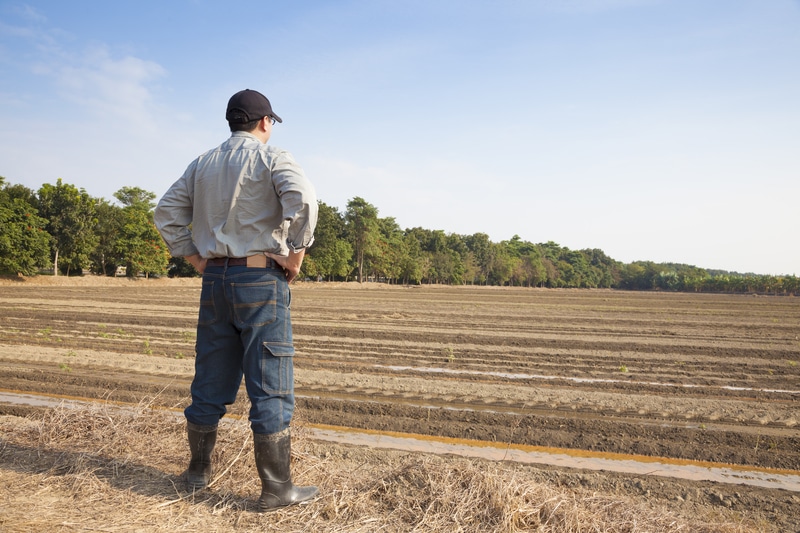Farming, fishing, and forestry are vital sectors that sustain our societies and provide essential resources.
However, behind the scenes, people working in these industries face various dangers and occupational hazards that pose risks to workers.
This article aims to shed light on the dangers faced by people working in farming, fishing, and forestry, emphasizing the need for improved safety measures and increased awareness.
Physical Hazards
Working in these industries involves direct exposure to physical hazards, including heavy machinery, sharp tools, and unpredictable weather conditions.
Accidents involving machinery, falls, cuts, and lacerations are common and often result in severe injuries or even fatalities.
Farmers, fishermen, and forestry workers must navigate treacherous terrain, climb trees, and handle large animals, all of which increase the likelihood of accidents and injuries.
Chemical Exposure
The use of pesticides, fertilizers, and other chemicals in farming and forestry can expose workers to harmful substances.
Prolonged exposure or inadequate protective measures may lead to respiratory problems, skin disorders, or even long-term health complications.
Similarly, fishermen may encounter hazardous chemicals from accidental spills or contact with contaminated water, affecting their well-being and aquatic ecosystems.
Musculoskeletal Strain
The physically demanding nature of farming, fishing, and forestry can take a toll on workers’ bodies.
Repetitive motions, heavy lifting, and prolonged manual labour contribute to musculoskeletal disorders such as back pain, joint problems, and strains.
Lack of ergonomic equipment and improper work techniques further exacerbate the risk of such injuries.
READ MORE: ChatGPT to open London office and will recruit “dynamic research and engineering teams”
Environmental Hazards
Farmers, fishermen, and forestry workers operate in natural environments that come with their own set of dangers.
In forestry, falling trees or branches pose significant risks, while unpredictable weather conditions such as storms, lightning, or wildfires threaten both farmers and forestry workers.
Fishing in open waters also exposes workers to the hazards of strong currents, storms, and capsizing.
Mental Health Challenges
The demanding nature of these industries, coupled with economic uncertainties and isolation, can impact workers’ mental health.
Long working hours, seasonal employment, financial pressures, and limited social interaction can lead to stress, anxiety, depression, and feelings of loneliness.
It is crucial to prioritize mental well-being and provide support systems for workers in these fields.
Need Career Advice? Get employment skills advice at all levels of your career
Working in farming, fishing, and forestry carries inherent risks that must not be overlooked.
It is imperative for employers, policymakers, and industry stakeholders to prioritize the safety and well-being of workers by implementing robust safety protocols, offering adequate training, and promoting a culture of awareness and prevention.
Additionally, supporting workers’ mental health and addressing their unique challenges can contribute to a healthier and more sustainable future for these crucial industries.




